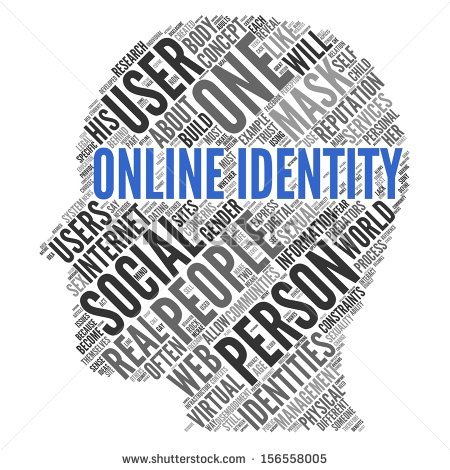In this blog post I will explain what is meant loosely by ‘identity’ and a ‘digital world’ from my own perspective as well as definitions sourced from the internet. This topic seems very interesting because identity is a huge part of the lives of people and in relation to the digital world it can be the topic of many interesting discussions.
Identity is defined online by Oxford Languages as “the fact of being who or what a person or thing is” meaning it could be used to describe any elements of who a person really is or what a specific thing is considering it be open to general interpretation. The digital world on the other hand is generally known as the existence of platforms, websites, applications, softwares and programs which rely heavily on the use of the internet to form such a type of ‘digital world’ which can be accessible and interactive to people and corporations and other bodies across the world. Therefore to me there is a close link to how identity is shaped in the digital world considering the parties involved and especially in diferent contexts. For example, individuals are able to create personal accounts on social media platforms in which their real or accurate identity could be misleading or different from their construed online persona. Identity is unique to each individual generally speaking for themselves to intepret how they see themselves and how the wider world sees them and in this case via the digital world. It is widely known that people can have differing identities that can be as close to an accurate depiction or entirely fictional for the purposes of perception in the eyes of others ultimately. Significant research conducted on how identity is constructed in a digital world indicate that there are several factors which lead such individuals to resort to misleading creation of their online identity or even for the purposes of why it matters in the first place. Different social media networks provide different specialise digital interaction services for e.g Facebook allows people to connect with friends, family, acquaintances and even businesses and organisations whereas X allows people to have public and private personal or professional accounts centred around their identity as who they are in real life or simply chose to be online. Therefore the construction of identity is subjective to each individual person regardless of their reasoning and it allows the wider digital world to integrate their online identity to reach and connect with others.
In a online published report on Research Gate, there have been many proven instances of the reasons behind a construction of identities online such as changing perception of oneself, creating a false self on a virtual level, access to knowledge and experiences, increased social desirability and more. In an article published on the New Yorker website, the author states several examples of why people choose to construct acurate or unaccurate depictions of their genuine identity whether it be to connect with the wide pool of people like friends, family, acquaintances, colleagues, strangers and others over the internet in which a clearly seperated boundary exist in that digital space that makes it very difficult to analyse the authenticity of that identity on display.

